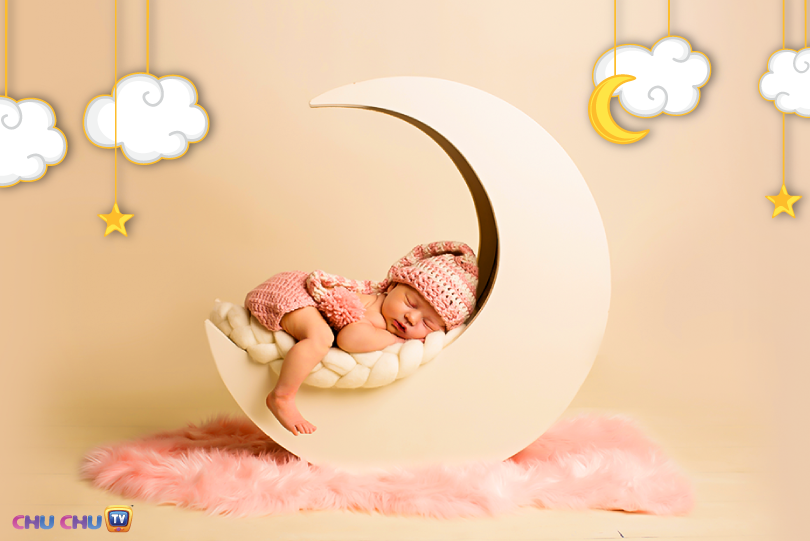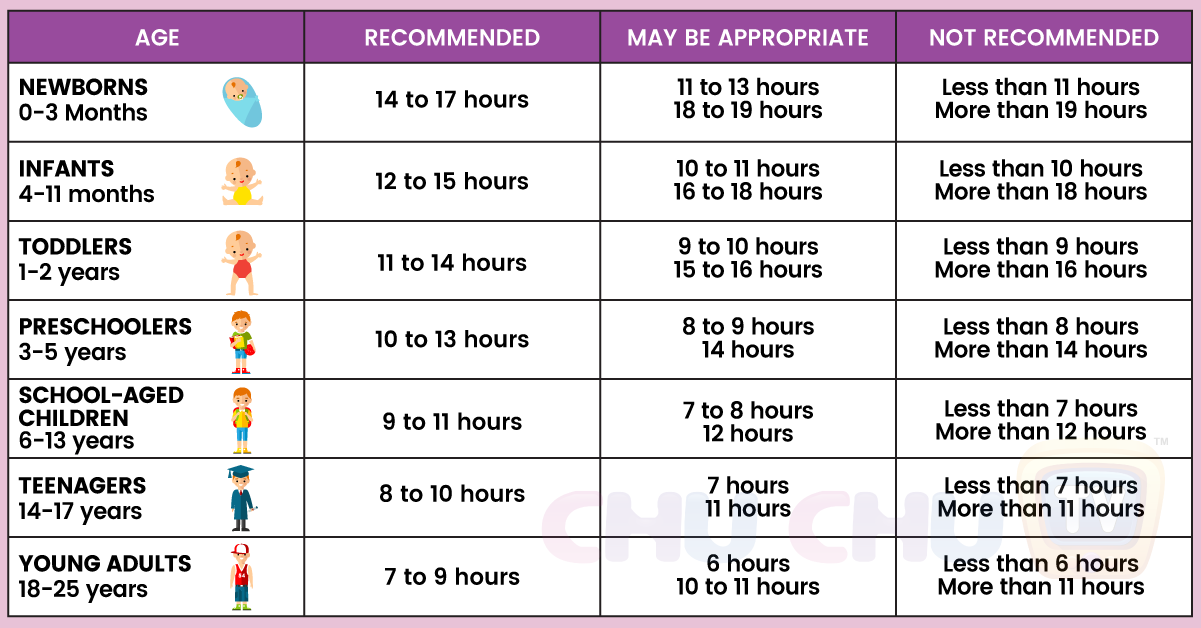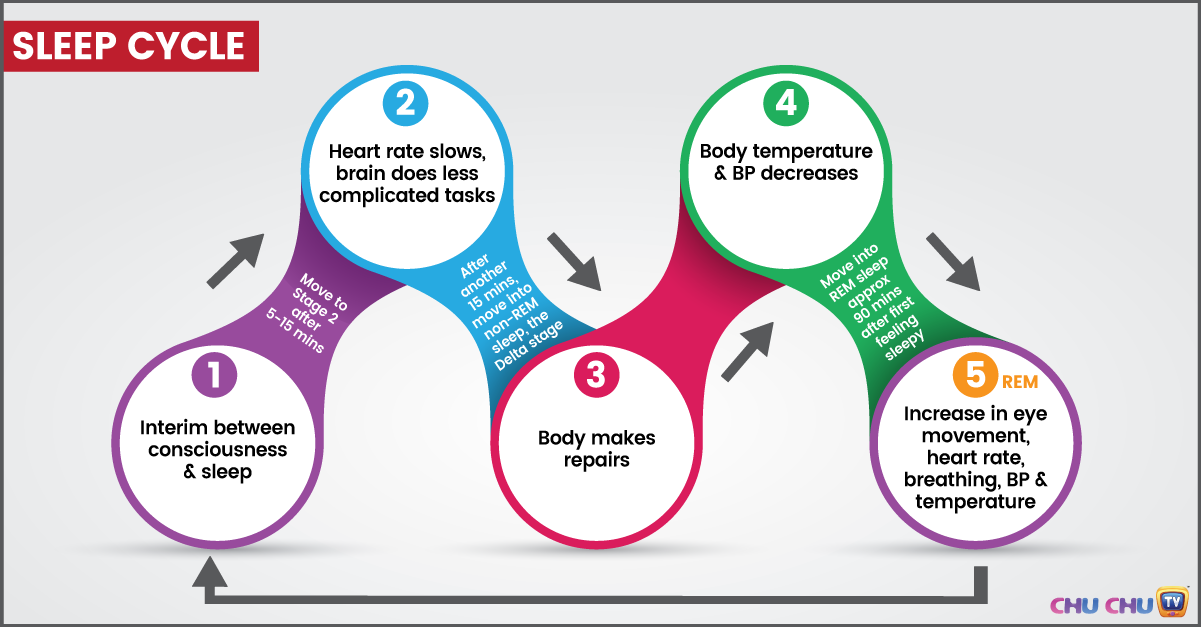Sleep is incredibly important for toddlers and children because their bodies, especially their brains, are still developing. The brain organizes memories, restores chemicals, and carries out other necessary functions vital for development. The cells in their body rejuvenate and revitalize. Sleep also restores depleted energy and gives you a fresh start the next day. What many parents are unaware of is that the requirement for sleep changes with age. Parents should know how much sleep should your child be getting.
The National Sleep Foundation has established these requirements recommended for you and your child, as found below:
Referring to the table, we see that the sleep period for children decreases as they grow up. Most of us, generally, sleep for around six hours and sometimes even lesser. This takes a toll on our bodies. But, we are grownups. Our children are just growing up and need proper sleep and nutrition to get the best out of their bodies.
So what happens when we sleep? Well, sleep is categorized into Non-REM and REM cycles. REM stands for Rapid Eye Movement. Even though the body is asleep, the brain is very much active, which causes the eyes to move around. If you notice your toddler’s eyes move when they’re asleep, you can be sure that they are experiencing REM sleep.
Non-REM sleep occurs when we start sleeping. This is further classified into four stages, with each stage accounting for a different event in the body. The stage one of Non-REM sleep is nothing but the mild sleep that you experience when you fall asleep. This is more of a transition stage into a deep sleep. As the night progresses, you step into stage two. This is where the body shuts down its motor operations and disconnects from its surroundings. It is still possible for the body to be susceptible to external noise, but not as much as when it is awake. Your heart rate, generally, drops down in this stage of the sleep cycle.
When we advance further to stage three of the sleep cycle, the body goes into a deep sleep state. It’s difficult for someone to wake up easily in this phase. It’s a transition into stage four of the sleep cycle where the body releases hormones responsible for growth. In layman terms, the body undergoes maintenance, where it fixes itself and rejuvenates.
The next phase is the REM phase, where the body becomes entirely subconscious. Dreams occur when we experience REM sleep. The brain works as actively as it would when we are awake. This makes it feel as though our dreams are real. The muscles become too relaxed to be utilized by the body, rendering the body immobile. REM sleep is vital to the body as it redirects the blood flow to the muscles more than to the brain itself. This allows muscles to be repaired and revitalized.
It should be noted that we do not wake up post REM sleep. The body reverts itself back to Stage two and the cycle goes on. This ends when the body feels that it is re-energized. A good sleep is one where the body touches down on all four stages and the REM sleep. That’s when you feel refreshed enough in the morning rather than groggy. For children, the time for the body to feel ready is sensibly more than that of adults since their bodies need more time to rejuvenate.
Oversleeping causes the body to start the cycles again, thus causing you to feel tired and worn out when you wake up. Sticking to the optimum sleep hours is necessary to make sure that you make it through the next day in your best condition. It is estimated that we sleep around one-third of our lives. While many people consider this period of time as “a waste of time” or feel one could get “more work done instead of sleeping”, it is necessary to understand that this one-third of the time is directly proportionate to how productive the other two-third can be.
However, each of us has different sleep requirements. Some of our bodies function faster than others’ and would not require as much sleep as others do. You should understand your baby’s sleep requirements and plan their sleep time accordingly. If they miss on adequate sleep, your body will fail to function optimally, and lack of sleep, in the long run, may result in health problems. The hormones responsible for your “hunger” and “feeling full” will not restore itself, causing you to overeat. This may lead to obesity, which may further lead to cardiac problems.
However unlikely these problems may be, prevention is better than cure. So make that change in your schedule and dive into that cozy blanket with your toddler. Good health and well-being are just a bonus.
What kind of a sleep routine have you set for your child? We’d love to know! Feel free to share your perspective in the comment section below.












My son is 3 and an half and I let him sleep in the days for 2 or 3 hours.. Then in the nite by 9 or 10 ..I let him sleep
My children sleeps at least an our or two in the afternoon and sleeps for 8 – 9 hours at night
How old are your kids?
Good presentation at least people get something on how to care a baby from born onwards.
By.
Sifaeli Urio Arusha-Tanzania
my child is 1 yr and 3 months old…he sleeps for abt 9 hours but wakes up atleast twice in between….how can i help him have uninterrupted sleep?